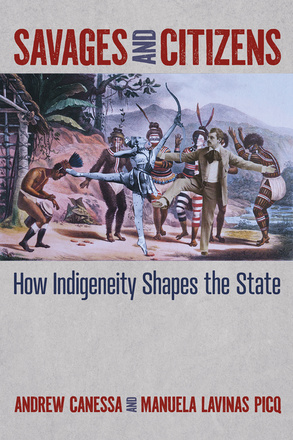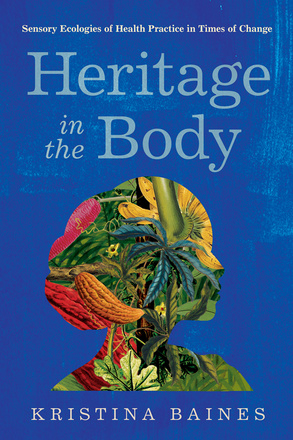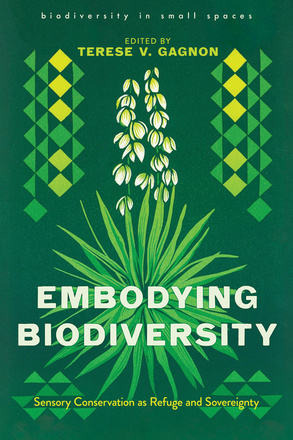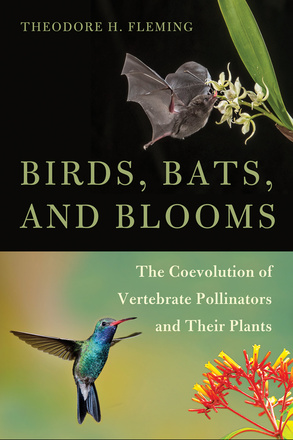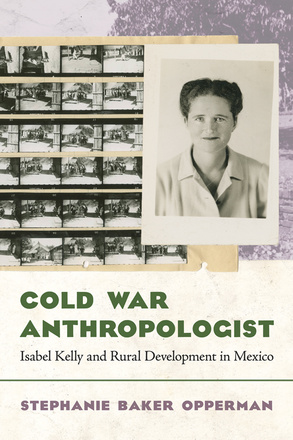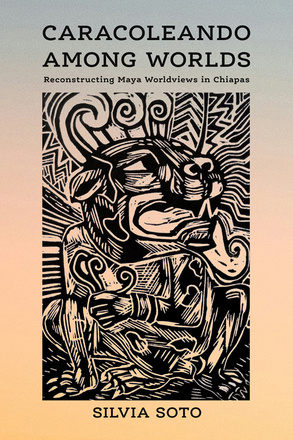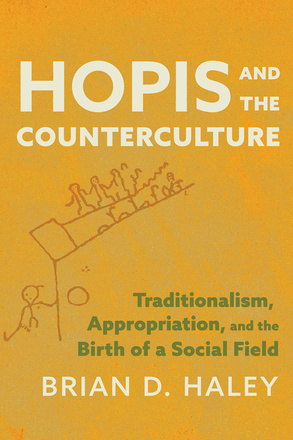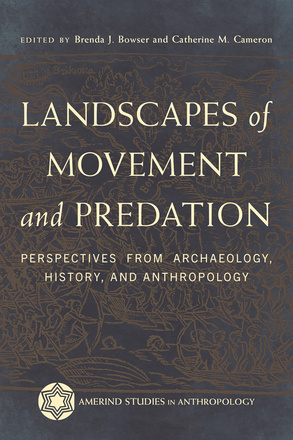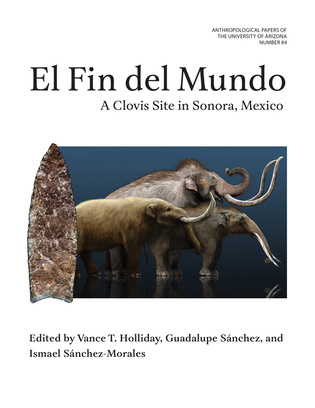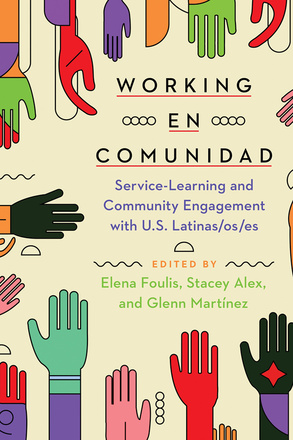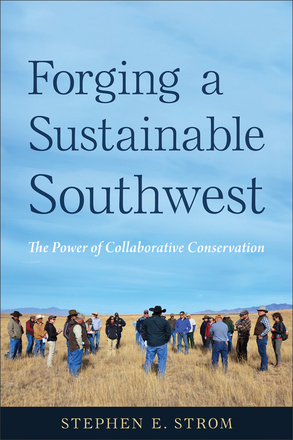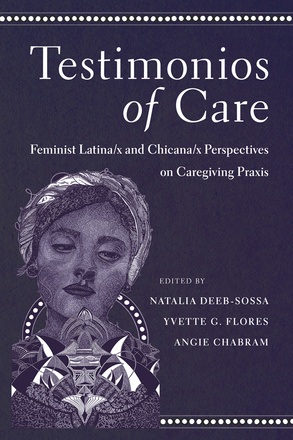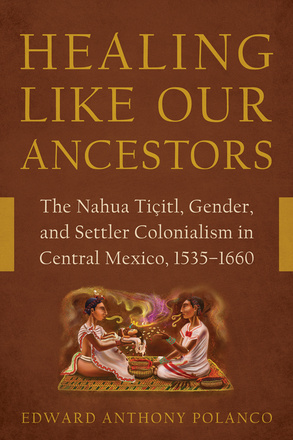The University of Arizona Press is the premier publisher of academic, regional, and literary works in the state of Arizona. They disseminate ideas and knowledge of lasting value that enrich understanding, inspire curiosity, and enlighten readers. They advance the University of Arizona’s mission by connecting scholarship and creative expression to readers worldwide.
Savages and Citizens
How Indigeneity Shapes the State
This book takes the provocative view that Indigenous people have been fundamental to how contemporary state sovereignty was imagined, theorized, and practiced. By tracing indigeneity from European philosophers conceptualizing sovereignty during the Enlightenment to Indigenous President Evo Morales in Bolivia, this volume offers new analytical tools to explore indigeneity in contemporary world politics.
Heritage in the Body
Sensory Ecologies of Health Practice in Times of Change
Through storytelling, ethnography, and interviews, this volume examines how Indigenous Maya and Garifuna Belizeans—both in Belize and in the United States—navigate macro-level processes such as economic development, climate change, political shifts, and global health crises in the context of changes in their own lives. Employing an embodied ecological heritage (EEH) framework, this work explores the links between health and heritage. It offers insights into how heritage practices become embodied as ways to maintain and support happy, healthy lives.
Embodying Biodiversity
Sensory Conservation as Refuge and Sovereignty
This interdisciplinary volume argues for the importance of everyday sensuous conservation and its ability to grow diverse, livable worlds where human embodiment is understood as part of—not separate from—plant life. Contributors argue that the majority of biodiversity conservation worldwide is carried out not by large-scale conservation projects but by ordinary people engaging in sensory-motivated, caretaking relationships with specific plants.
Birds, Bats, and Blooms
The Coevolution of Vertebrate Pollinators and Their Plants
Cold War Anthropologist
Isabel Kelly and Rural Development in Mexico
Kids in Cages
Surviving and Resisting Child Migrant Detention
This book provides an interdisciplinary perspective of child migrant detention by bringing together voices from the legal realm, the academic world, and the on-the-ground experiences of activists and practitioners. The chapters explore the harms of detention while also looking at survival in and resistance to this violent institution.
Caracoleando Among Worlds
Reconstructing Maya Worldviews in Chiapas
Hopis and the Counterculture
Traditionalism, Appropriation, and the Birth of a Social Field
Plants for Desperate Times
The Diversity of Life-Saving Famine Foods
Plants for Desperate Times is an introduction to the foods that have saved millions of lives during lethal food shortages. While not a field guide, it addresses questions about what famine foods are and why they are important.
Cookstove Chronicles
Social Life of a Women’s Technology in India
Landscapes of Movement and Predation
Perspectives from Archaeology, History, and Anthropology
Landscapes of Movement and Predation is a global study of times and places, in the colonial and precolonial eras, where people were subject to brutality, displacement, and loss of life, liberty, livelihood, and possessions. The book provides a startling new perspective on an aspect of the past that is often overlooked: the role of violence in shaping where, how, and with whom people lived.
Illegalized
Undocumented Youth Movements in the United States
House of Grace, House of Blood
Poems
Five Hundred Years of LGBTQIA+ History in Western Nicaragua
El Fin del Mundo
A Clovis Site in Sonora, Mexico
El Fin del Mundo: A Clovis Site in Sonora, Mexico provides a full report on the site of the first documented Clovis association with gomphotheres in North America.
Frontera Madre(hood)
Brown Mothers Challenging Oppression and Transborder Violence at the U.S.-Mexico Border
Reflecting on the concept of frontera madre(hood) as both a methodological and theoretical framework, this collection embodies the challenges and resiliency of mothering along both sides of the U.S.-Mexico border. More than thirty contributors examine how mothering is shaped by the geopolitics of border zones, which also transcends biological, sociological, or cultural and gendered tropes regarding ideas of motherhood, who can mother, and what mothering personifies.
Working en comunidad
Service-Learning and Community Engagement with U.S. Latinas/os/es
This edited volume showcases examples of service-learning practices and pedagogies for working alongside Latina/o/e communities. The contributors tackle three major themes: ethical approaches to working with Latina/o/e communities within language courses and beyond; preparing Latina/o/e students for working with their own communities in different environments; and ensuring equitable practices and building relationships that are mutually beneficial for students and community. Written by scholars, practitioners, and researchers, the collection’s six chapters offer case studies of how to carry out service-learning work that is culturally informed and provides a guide to help others do the same.


